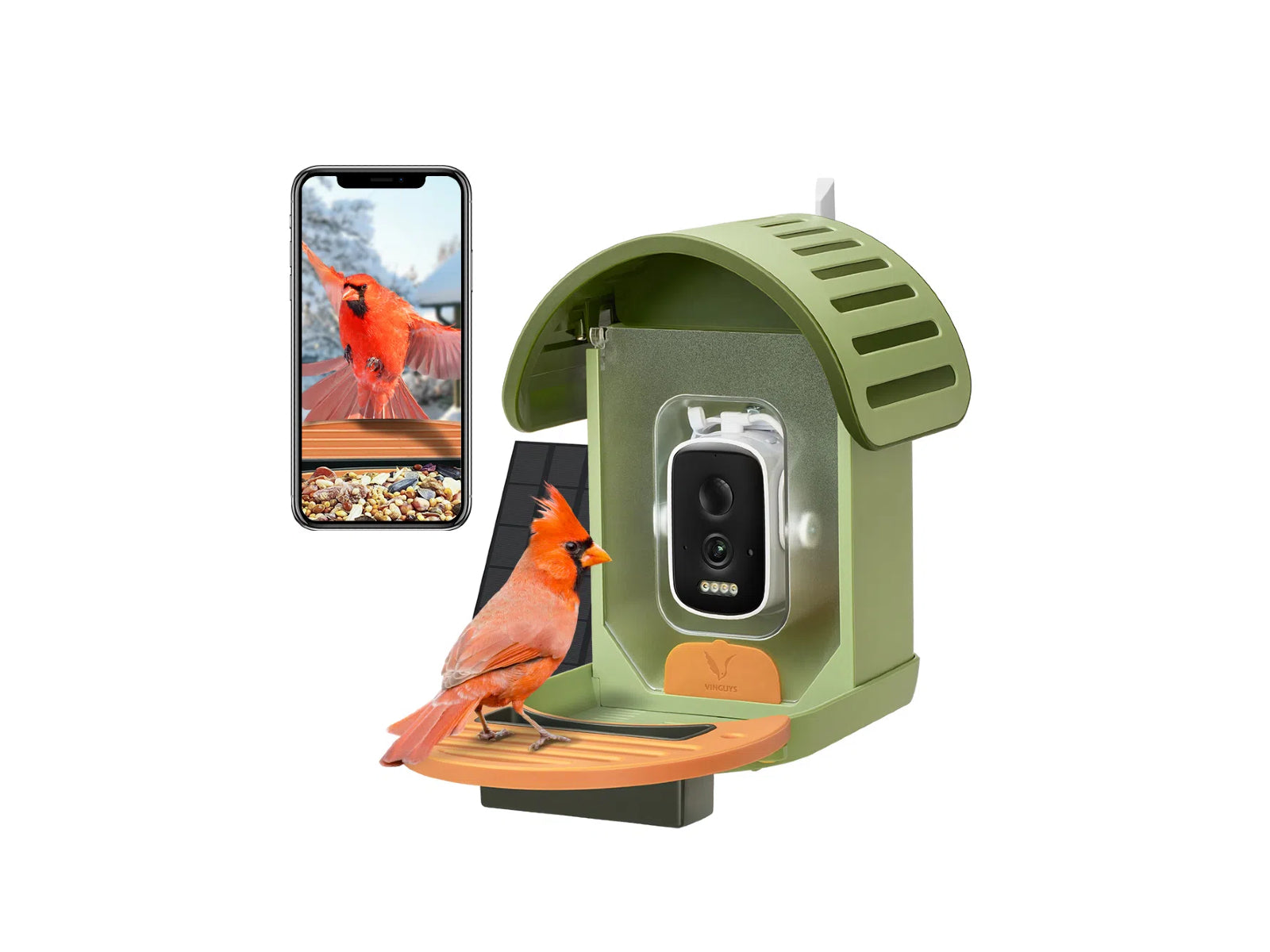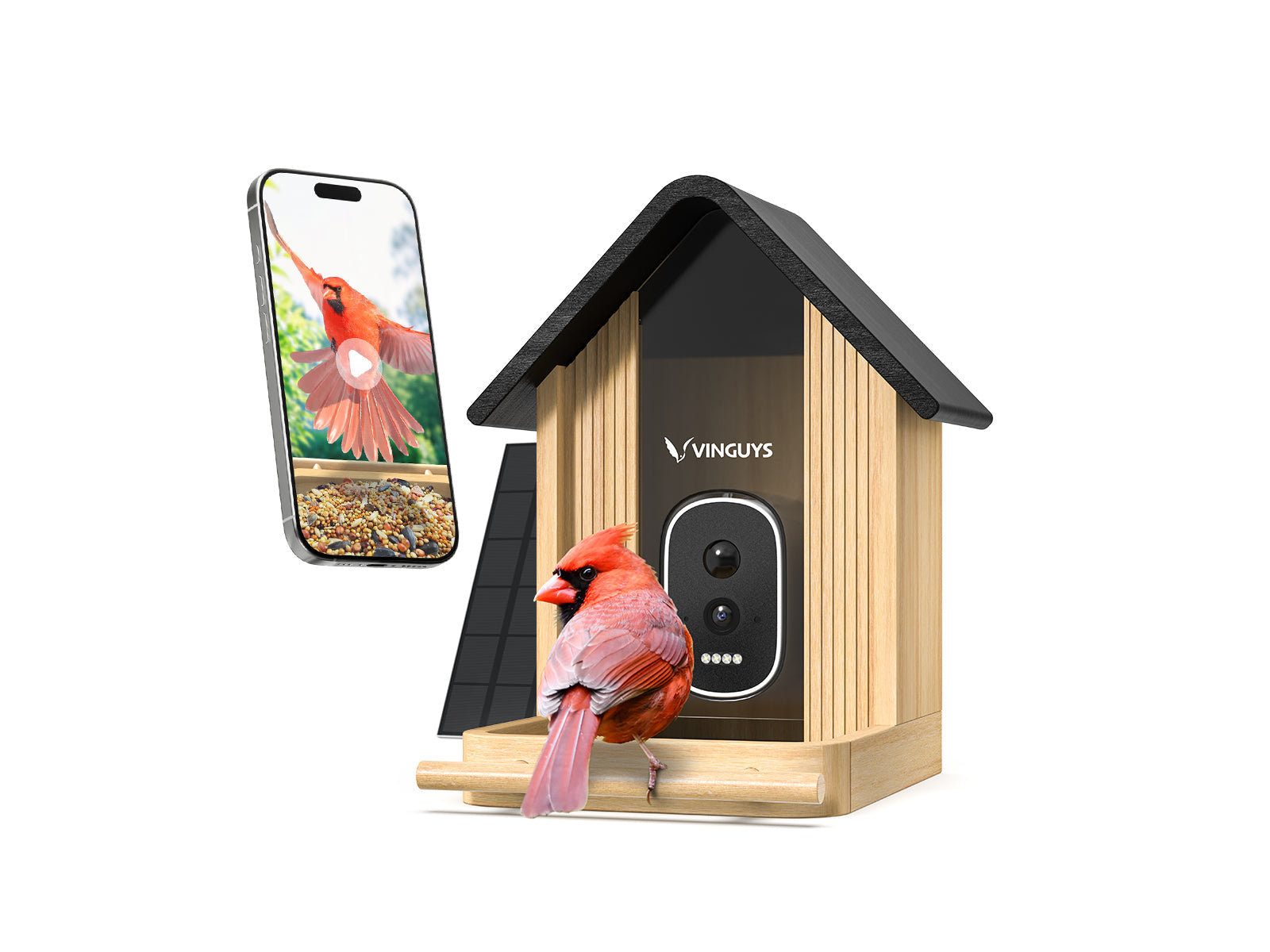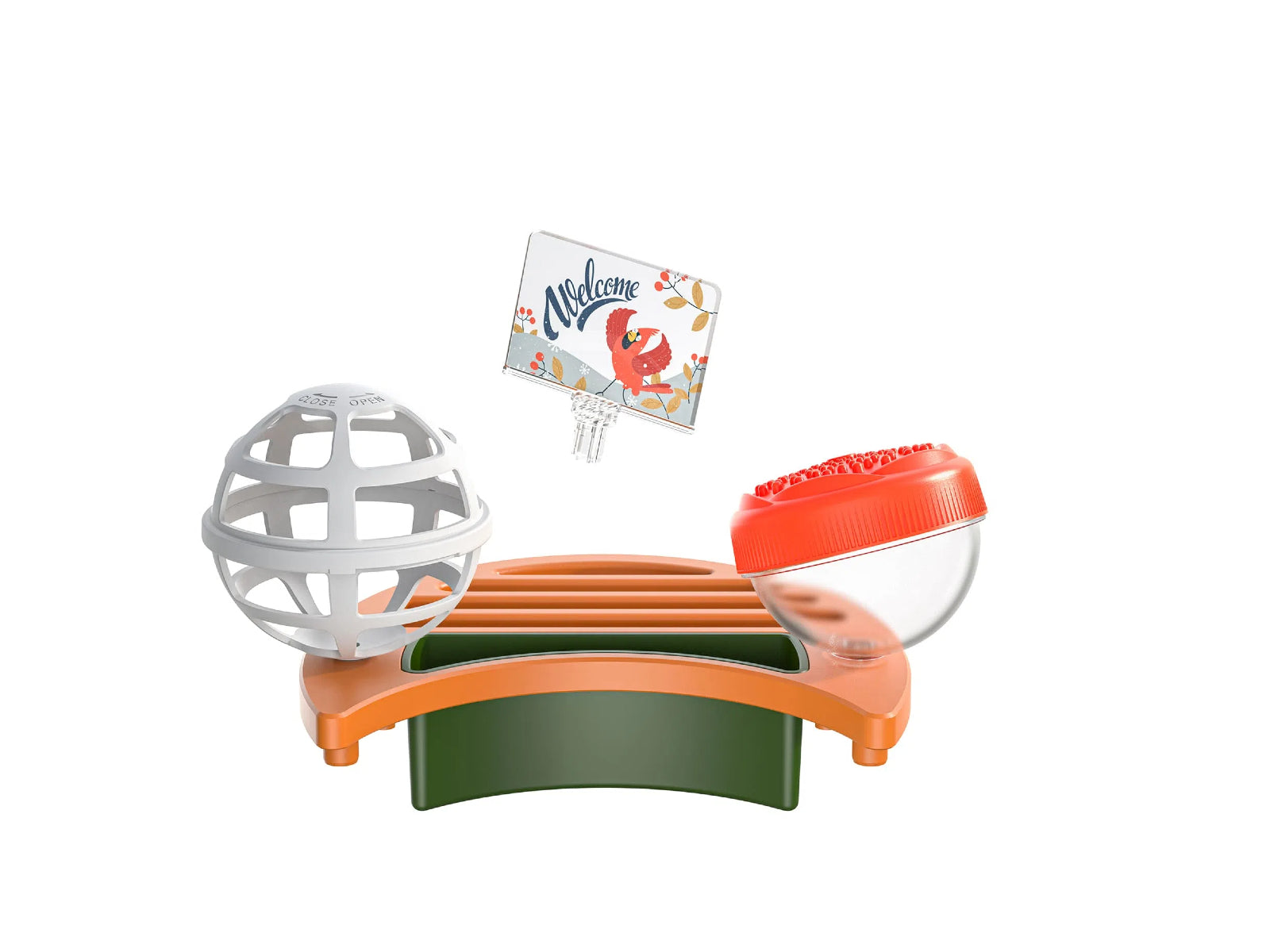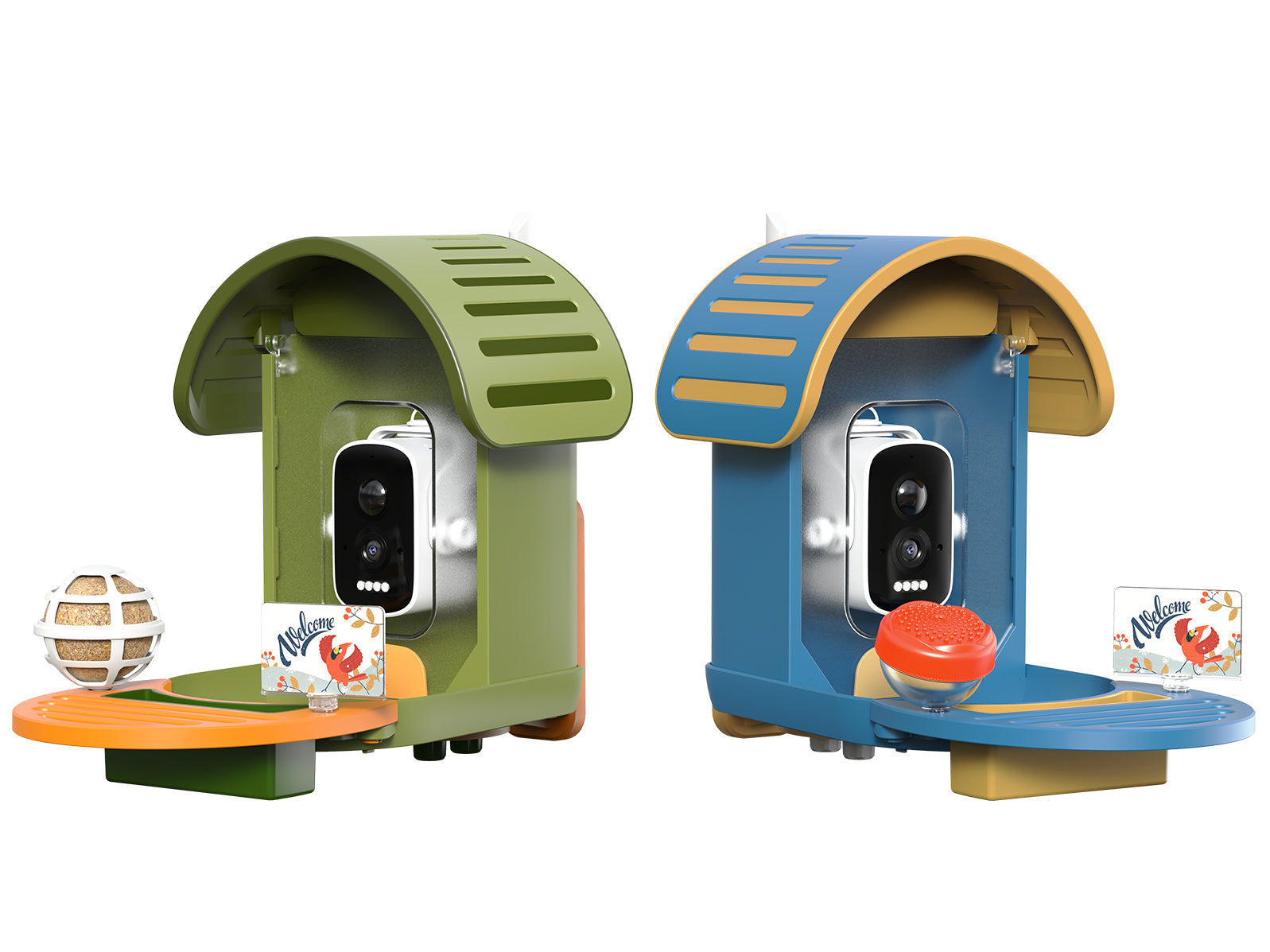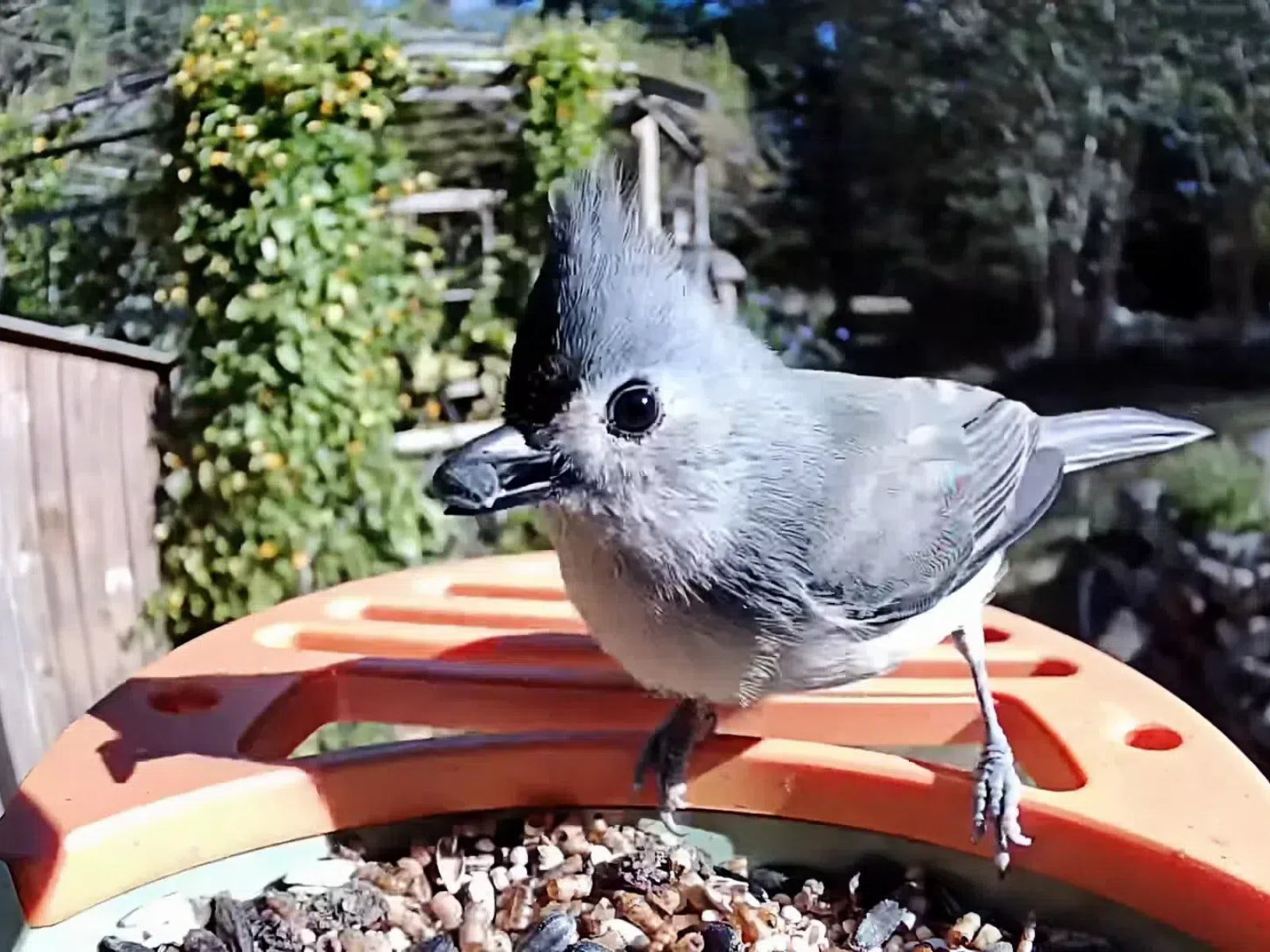

7 Tips for Attracting Birds to Your Yard
Wild birds are more than just beautiful creatures; they bring life and joy to any garden or backyard. Watching them flit from feeder to feeder, hopping around and interacting with their environment, is a relaxing and rewarding experience. However, attracting and keeping wild birds around can sometimes be trickier than expected. By offering the right food, placement, and care, you can make your garden a haven for these delightful creatures. Here are some key tips to help you attract birds and make the most of your bird-watching experience this holiday season.

1. Offer Variety: Different Feeders for Different Birds
Not all birds feed in the same way, so to attract a variety of species, it’s important to offer different types of feeders. Tube feeders, platform feeders, suet feeders, and fruit feeders each cater to different species’ preferences. For example, tube feeders are ideal for smaller songbirds like finches and chickadees, while suet feeders attract woodpeckers and nuthatches. Platform feeders are perfect for larger birds like jays and cardinals.
Variety in feeders encourages a greater diversity of birds, so consider placing multiple types around your garden or yard. For a more personalized bird-watching experience, look for smart bird feeders that help track and identify the different species visiting your garden, allowing you to get to know your feathered visitors better.
2. Keep Your Feeders Clean for Healthy Birds
Birds rely on clean food sources, and a dirty feeder can pose serious health risks. Mold, bacteria, and other contaminants can build up on feeders over time, especially in humid or rainy weather. A dirty feeder can spread diseases and even attract unwanted pests like rodents.
Make it a habit to clean your bird feeders regularly. Aim for at least every two weeks, or more often if the weather has been wet or humid. Use hot, soapy water or a diluted bleach solution to scrub away any dirt, mold, or leftover food. Be sure to rinse thoroughly to remove all cleaning agents before refilling.
3. Choose High-Quality Bird Seed
Not all bird seed is created equal. While it might be tempting to purchase cheaper seed blends, many of these contain fillers like millet and cracked corn that birds tend to avoid. These fillers not only waste your money but also attract unwanted pests.
Instead, opt for fresh, high-quality seeds that are favored by birds. Black-oil sunflower seeds, thistle seeds, and white proso millet are among the most popular. These nutritious options will attract a variety of birds and keep them coming back to your yard. Be sure to store your bird seed in a cool, dry place to prevent it from going stale or rancid.

4. Keep Feeders Stocked
Birds will learn where to find food and will return to well-stocked feeders. If you leave feeders empty for too long, birds may stop visiting and look for food elsewhere. Consistently providing fresh food will not only attract birds but also help ensure that they stay around.
As you keep your feeders stocked, remember to regularly monitor the bird activity. Watching the birds visit your feeders can be a fascinating experience, and it’s a great way to get a closer look at the various species in your area.
5. Provide Water for Drinking and Bathing
Birds need water for drinking, bathing, and maintaining their feathers. A birdbath placed near your feeder is a great way to encourage more birds to visit your yard. Birds prefer birdbaths that are at ground level, though some will also visit raised baths.
In winter, you can prevent water from freezing by using a heated birdbath. This ensures that your birds will have access to fresh water even during colder months. If you live in a region where the weather gets particularly cold, this can be a lifesaver for your feathered visitors.
6. Place Your Feeder in a Safe Spot
Safety is a major concern for birds when feeding. Place your feeder in an area that provides cover, like the branches of trees or bushes, but avoid placing it too close to areas where predators, like outdoor cats, could be hiding. A feeder placed in the open but near shelter provides a safe and convenient spot for birds to visit.
It’s also important to ensure that the feeder is in an area where birds feel comfortable to feed. Avoid placing feeders under branches that could be used by predators to ambush birds. Ideally, feeders should be hung in areas with clear sightlines, allowing birds to spot any danger before it’s too late.
7. Minimize Pesticide Use and Protect Wildlife
Using pesticides in your yard can have unintended consequences for wildlife, including birds. Even trace amounts of pesticides can be harmful to birds, causing disorientation, weight loss, and increased vulnerability to predators. Insects are an important food source for many bird species, so minimizing pesticide use can help protect the local bird population.
By choosing natural, eco-friendly alternatives for pest control, you can create a healthier environment for both your plants and the birds that visit your yard. Avoid using harmful chemicals, and instead, opt for natural solutions like introducing beneficial insects or using homemade sprays that won’t harm the wildlife around you.
Final Thoughts: Creating a Bird-Friendly Sanctuary
Attracting birds to your yard is a rewarding experience, and with a little planning and care, you can create the perfect environment for them to thrive. Offering a variety of feeders, keeping them clean, using high-quality seed, and providing water are just a few ways to make your yard more bird-friendly.
This holiday season, take the time to enhance your bird-watching experience by creating a welcoming space for your feathered visitors. Whether you’re capturing beautiful moments with your smart bird feeder or simply enjoying the sights and sounds of nature, these small steps can help you make your garden a sanctuary for wild birds.
Remember, a bird-friendly yard not only brings joy to you and your family but also contributes to the well-being of local wildlife. So, this season, take the extra step to care for the birds and enjoy the beauty of nature right outside your door.

